
A sinus pain has very similar symptoms to a toothache. Here’s how to tell the difference.
Sinusitis, more commonly known as a sinus infection, is a condition that affects many people on a daily basis. Sinusitis can have multiple causes, but the symptoms are generally very similar.
Interestingly, a sinus infection can often mimic a toothache, especially on upper teeth. Many people, in fact, will consult a dentist for a painful tooth when sinusitis may be to blame. How does a sinus infection affect the teeth, and how can you tell the difference between sinusitis and a true toothache? Let’s find out.
How Sinus Infections Can Affect The Teeth
It may seem improbable that a sinus infection could affect the teeth, but understanding the anatomy of the mouth and sinuses makes it perfectly clear. The Maxillary Sinus is a large cavity behind the nose and above the roof of the mouth. The roots of upper molars (and sometimes premolars) are in close proximity to the floor of the maxillary sinus, if not within the sinus outright. Thus, anytime the sinus experiences a bacterial or viral insult, the teeth can be affected.
The pressure buildup from sinus infections exerts pressure on the roots of upper teeth, causing a sensation of fullness or even dull, mild pain in the teeth themselves.
How To Distinguish Between Sinusitis And A Toothache
Tooth discomfort associated with sinusitis is slightly different than a toothache originating from the tooth itself. If many of your upper back teeth are painful or sensitive, it is likely due to a sinus issue, whereas pain on a single tooth is more likely a real problem. Furthermore, the tooth pain experienced with sinusitis is almost always comparatively mild. Moderate to severe pain is more likely to be the result of an issue with the tooth.
If you are experiencing tooth pain and aren’t sure if it is due to a sinus infection, a trip to your dentist is probably in order.



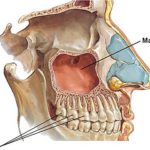
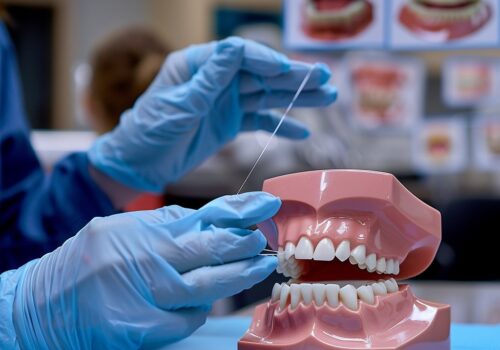


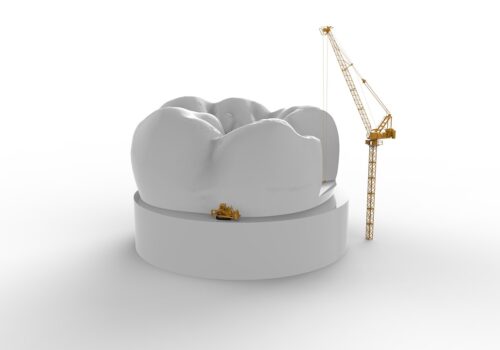
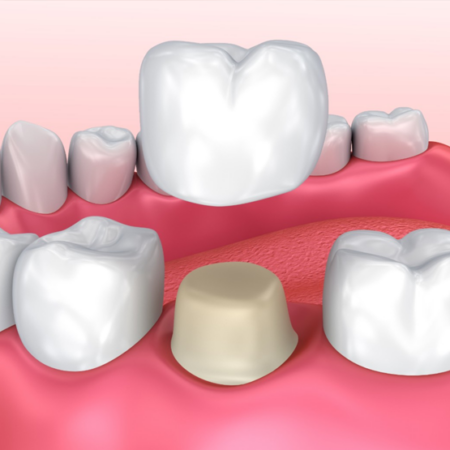
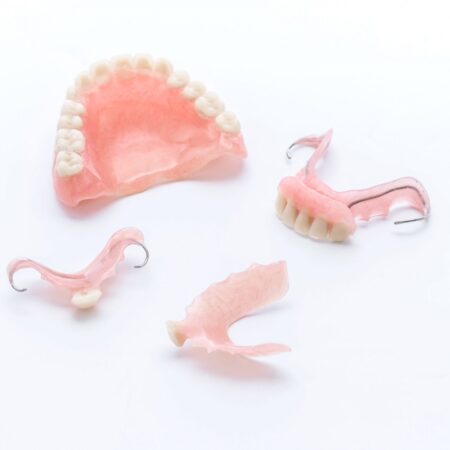
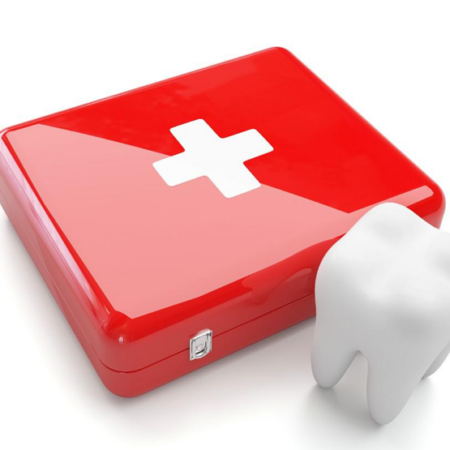
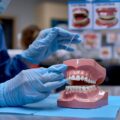


Leave a Reply